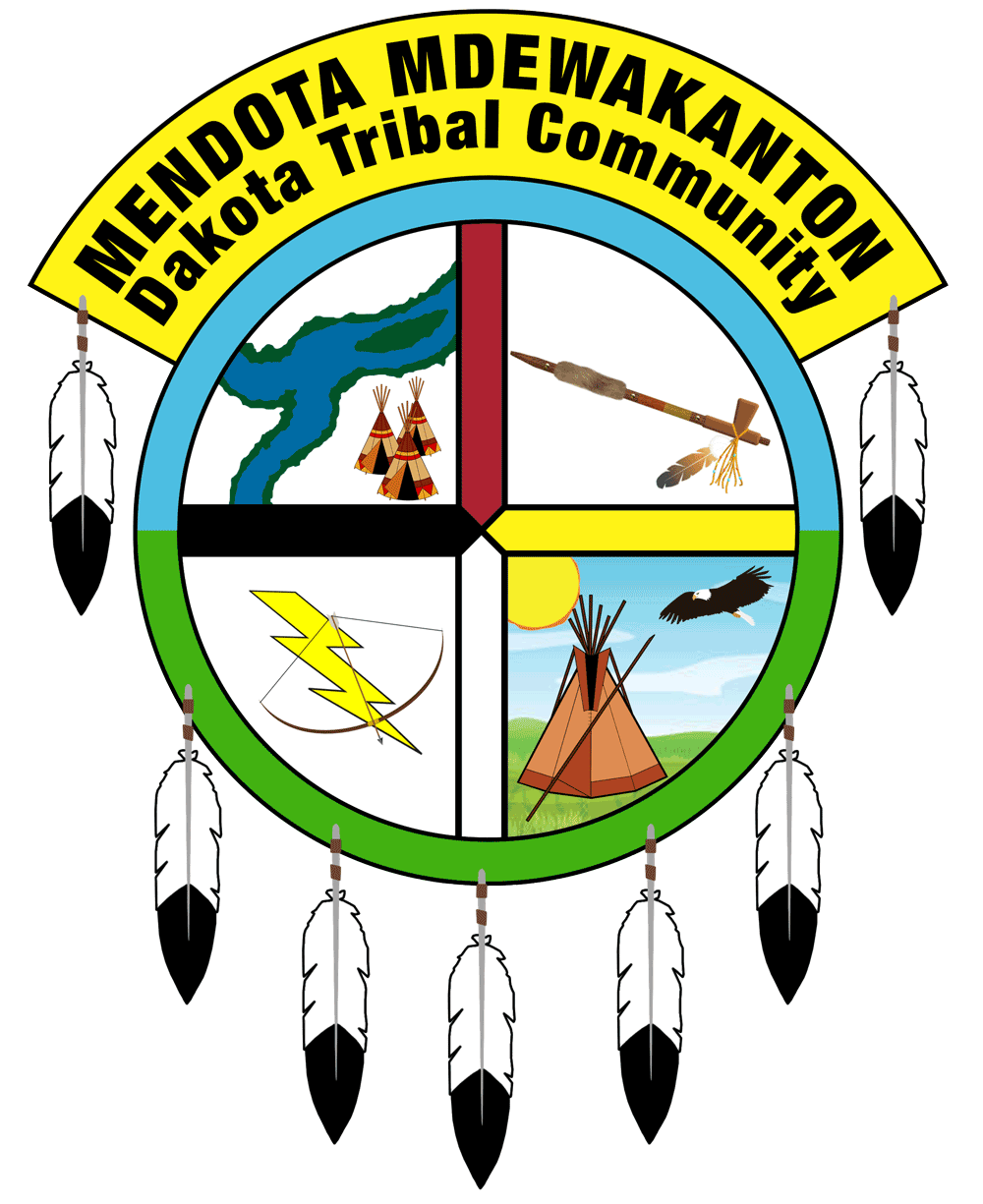Save the Mississippi Gorge caucus resolution
Minnesota’s precinct caucuses will be held Tuesday, February 6, 2018, at 7:00 pm. To find your Democratic or Republican caucus location go to http://caucusfinder.sos.state.mn.us/.
Save the Mississippi Gorge is an effort to protect the unique river canyon running through the Twin Cities. The gorge was carved by glacial meltwaters twelve-thousand years ago. There are already some 20 bridges across the river in the urban Twin Cities and two new single-use crossings are being discussed.
To recognize the past, protect the future and make the best use of citizens tax dollars, Save the Mississippi Gorge.
Resolution
Whereas, the Mississippi gorge, from the confluence of the Minnesota and Mississippi rivers upstream to the falls now called St. Anthony, is the only true river gorge on the entire 2,350-mile length of the great river, and is a National Park, and
Whereas, the confluence area is sacred to the Mdewakanton people of the Dakota nation, called B’dote, “meeting of waters†and considered their Garden of Eden, their place of origin, and
Whereas, already existing bridges beside State Highway 5 across the B’dote
could serve riders from Saint Paul to the airport and Mall of America, and the Midtown Greenway railroad bridge at 27th Street from Minneapolis to Saint Paul, could be retrofitted to serve bicyclists and pedestrians,
Now Therefore Be It Resolved that new transportation routes across the Mississippi gorge National Park be retrofitted into already existing bridges for the least environmental damage and most economical cost to taxpayers.
